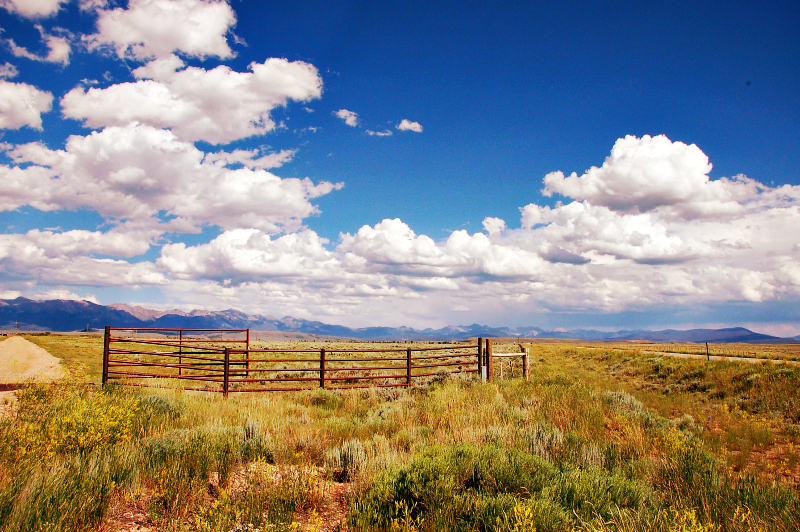Kerby Anderson
Brian Thomas points out that the eastern two-thirds of the country have little federally owned land. By contrast, the federal government owns most of the land in the western states. Henry Lamb asks why the federal government owns 65 percent of the land west of Denver and only 2 percent of the land east of Denver.
These questions are beginning to be asked by various commentators especially as citizens in western areas of America would like to develop property in their states. Originally the government only needed land to fulfill its basic duties. Land was needed for federal buildings, roads, and parks. The rest of the land was available for private ownership.
When the western regions of America became states, government philosophy was changing. Progressive reformers wanted to expand the size and scope of government. And they were also convinced that the government could do a better job of managing the land than individual private landowners.
Brain Thomas writes about the contempt progressives had for what they called “individualism” and their desire for an expansive government based upon the “living and evolving” Constitution. Add to that an ecological mentality that argues that developing land is bad for the environment, and you have the situation we find today.
Henry Lamb reminds us that the Constitution originally delegated certain powers to the federal government. This would include acquiring land for specific governmental needs (e.g., building post offices). The Tenth Amendment declared that powers not granted to the federal government were reserved for the states and the people.
Unfortunately, the states are no longer on an equal footing with the federal government. That is one reason why the federal government owns 98 percent of the land in Alaska and 86 percent of Nevada land. It also illustrates why the federal government is still working to confiscate the private property of ranchers and other private citizens.
 Listen Online
Listen Online Watch Online
Watch Online Find a Station in Your Area
Find a Station in Your Area










 Listen Now
Listen Now Watch Online
Watch Online
